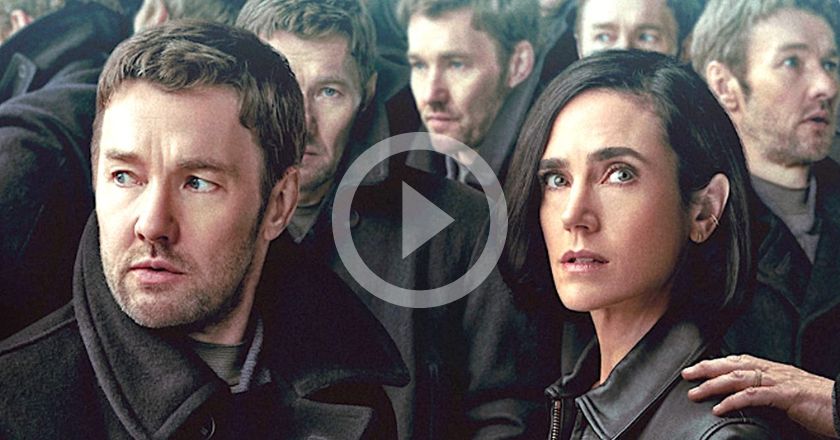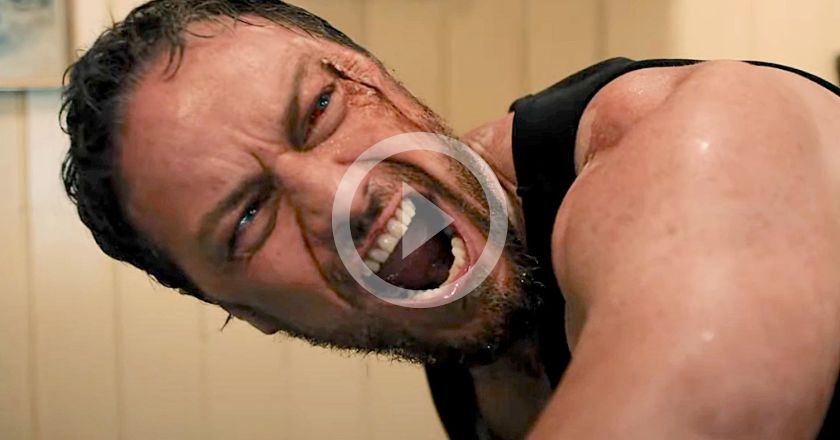
There are a lot of criticisms you could direct at Steven Spielberg: on the one hand he is preoccupied with a sense of juvenilia, on the other, he is unerringly commercial to the point where serious films about racism, genocide, or war (see: The Colour Purple, Schindler’s List, Saving Private Ryan) are appended with unfeasibly affirmative endings that belie the magnitude of their subject matter. What he possesses as a filmmaker, however, is the endearingly deft hand of a great technician, a master of his craft. One of his greatest strengths is his ability to never overly impose himself on a film; like John Ford or Alfred Hitchcock, he remains primarily invisible and avoids the sort of stylistic flash that draws unnecessary attention as a director.
Bridge of Spies, his new film, is a perfect example of this quality, wherein his deliberately modest sense of non-style begets a marvellous iteration of technical art. It is impeccably paced, if languid for a mainstream film in 2015. It moves along the course of its 140 minutes with the smoothness of a luxury car, each flawless shot serving the utmost function of the scene it frames without a trace of superfluity.
In this case, Spielberg’s aide-de-camp is a script co-written by Ethan and Joel Coen, whose dialogue is as well pitched and sharp as you would expect from their phenomenal history. The combination of Spielberg and the Coens proves simpatico, with Tom Hanks the common denominator that anchors the whole thing via his good-natured everyman.
Hanks is as American as apple pie, the quintessentially patriotic nice guy who might invite you to a BBQ and serve you sausages in front of a billowing flag while Willie Nelson plays through a transistor on the country radio station. While there are times this might be cloying, he is ideally cast in Bridge of Spies, ageing gracefully into this era’s James Stewart.

Based on a true story and set in the late 1950’s against a backdrop of mounting Cold War, Hanks plays James Donovan, a lawyer recruited by the CIA to defend Soviet spy Rudolph Abel (Mark Rylance) against treasonous charges. The trial is a sham, and Abel is expected to lose. Recognising Abel’s basic right to an honest defence, and that he was merely serving his country the same way an American would, Donovan commits to performing an honest service against the judgement of his superiors and the community. Abel is sentenced to imprisonment, but when an American spy (Austen Stowell) is shot down in Russia, Donovan must travel to East Germany to negotiate a prisoner exchange.
What distinguishes Bridge of Spies amongst other films of its ilk is its stringent sense of humanism. There are no bad guys here, if you will; the ethos of the film’s message is that regardless of the sides we take and the allegiances we form, we are essentially the same as our enemies, who are merely desirous to serve their countries as we would serve our own. Underscoring this message is the hypocrisy of war, and especially a cold war, wherein a virtual stalemate of one upmanship results in both sides virtually becoming doppelgangers of the other.
Bridge of Spies is more compassionate than most thrillers, and this is why Hanks is an ideal lead. His basic likeability embodies the sense of decency the film wants to get across, particularly in the comradely relationship between Donovan and Abel. Realistically, it is difficult to imagine that Cold War politics were ever this polite, but that is a minor caveat when the machinations of those politics are this fascinating to watch, and since this is an ostensibly true story, we assume it does bear some approximation to reality. Only the last fifteen minutes or so are unnecessarily saccharine.
Bridge of Spies is a modest triumph for all those involved, not only for the technical profusion of masterly acting, writing, and directing, but for its dual capacity to both inform and effortlessly entertain.
THE REEL SCORE: 8/10
– M.L.







